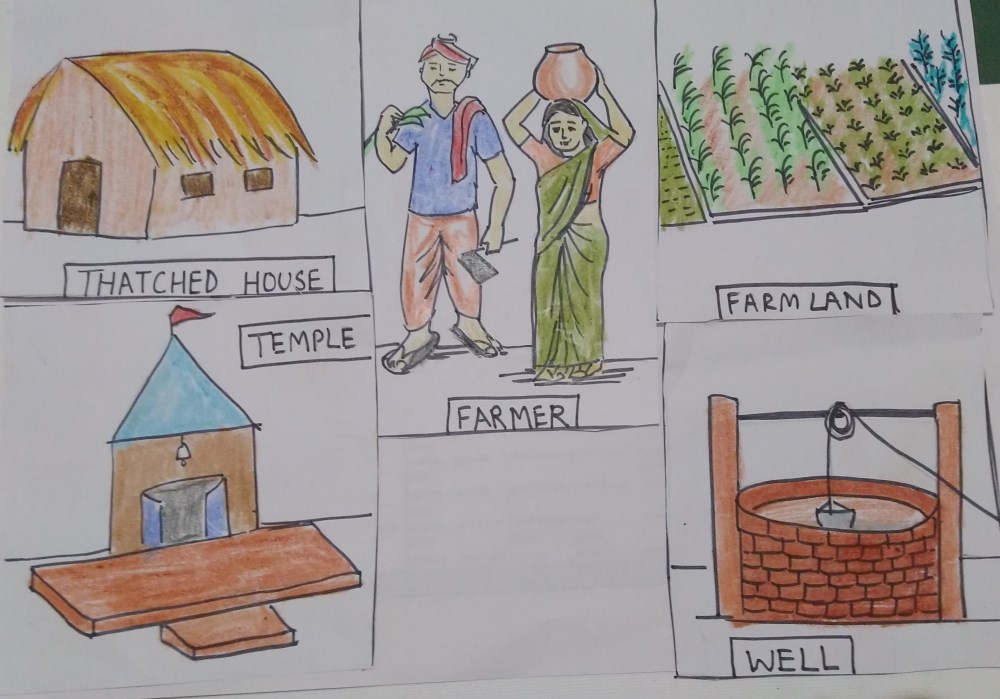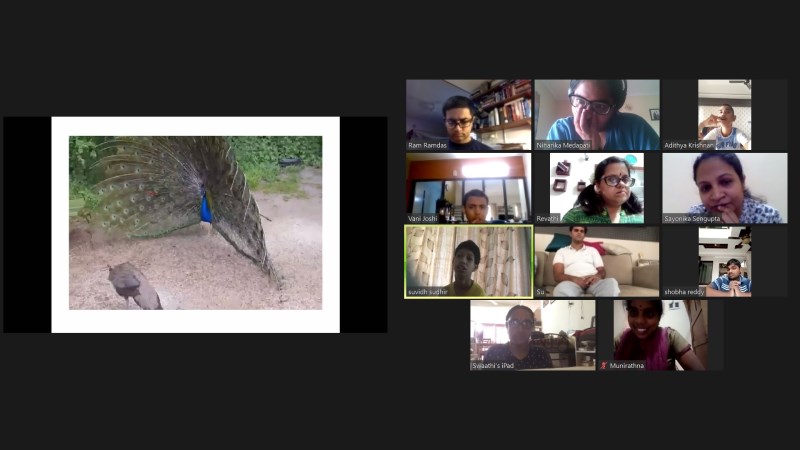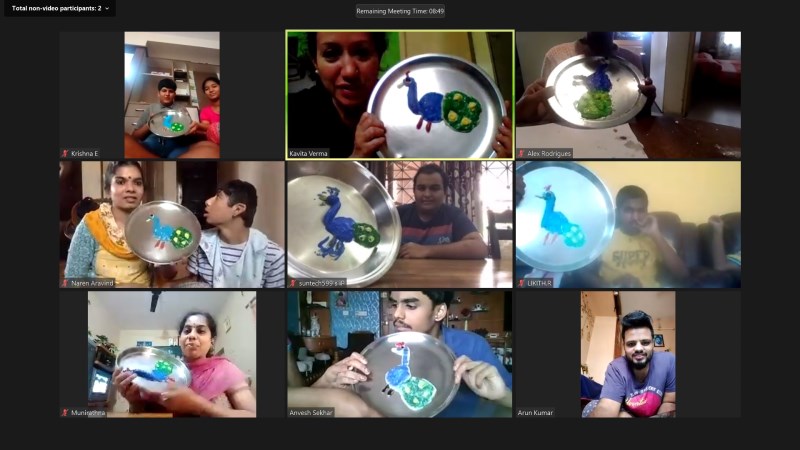The impermanence of the times we find ourselves in cannot be overstated. Yet, within this new kind of normal that is frequently changing, we’re realising how change is the only constant in one’s life. Old ways make way for new behaviour. Old habits need to perish for newer ones to come to the fore. Redundancies fall by the wayside as rejuvenation emerges.
Our children at Snehadhara Foundation have remarkably handled the changing routines this past quarter. Last week, we gently reverted to the school schedule that comprised a few 40-minute sessions with 20-minute breaks between each. We had been working slowly and systematically towards easing them into their pre-lockdown routine. This week too we continued with the school-like schedule as we took the peacock story on a journey across the arts, crafts and environmental studies.
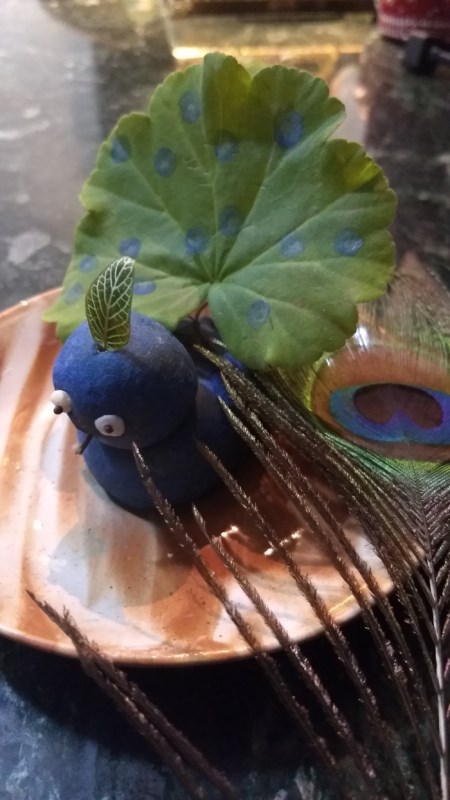
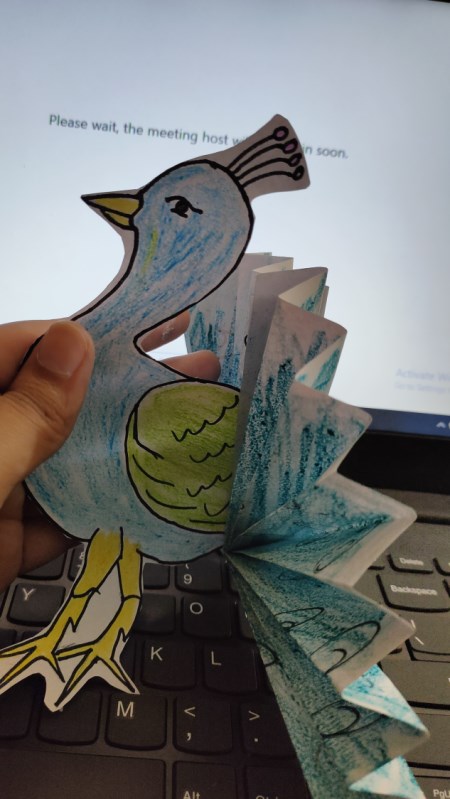
The peacock worked as a perfect union of culture and nature as our children became participants in a range of activities spanning the sciences as well as the arts. This week though, they weren’t the only participants during our sessions.
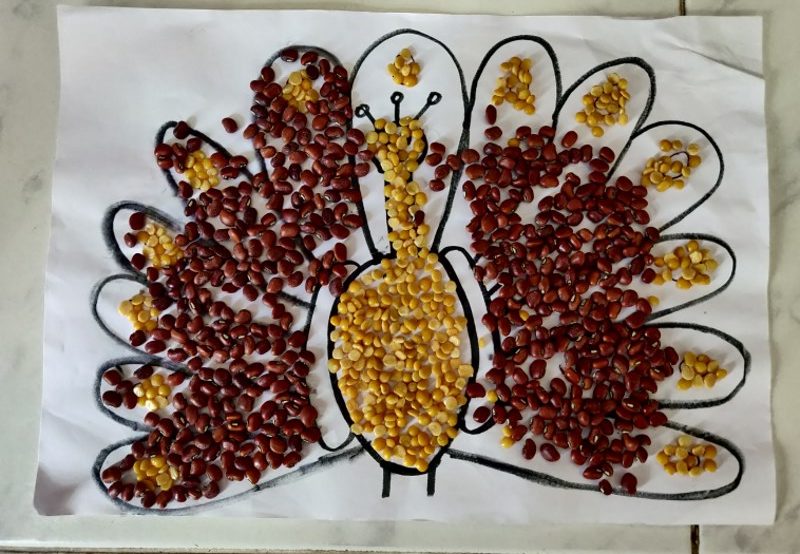
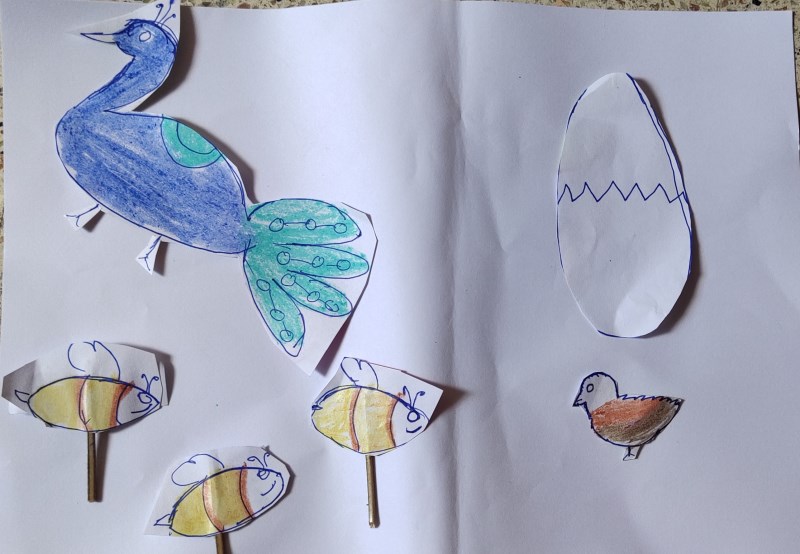
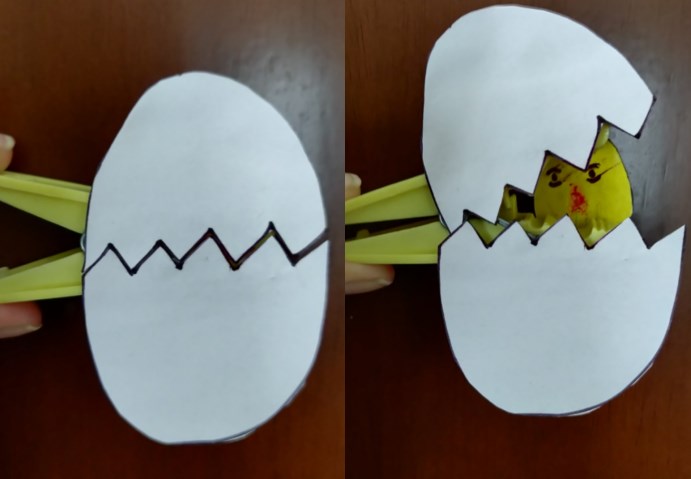
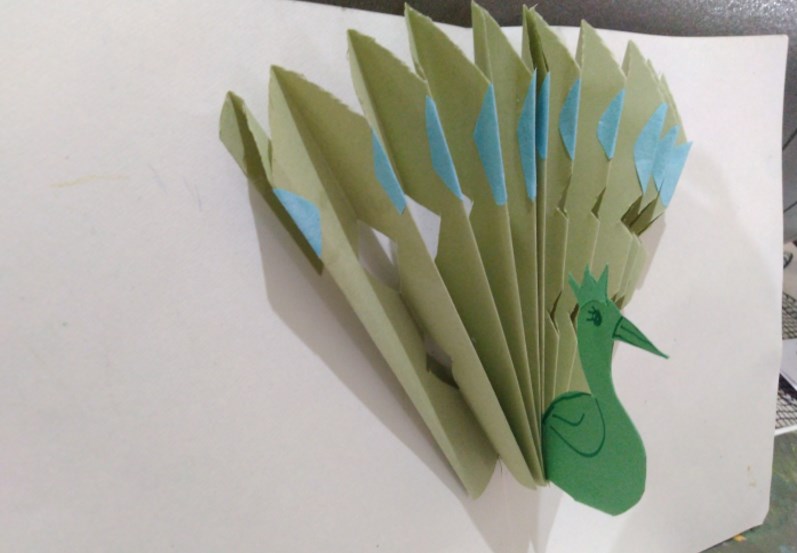
With encouraging permission from our school students, participants from our Digi Akshara module had a ringside view to the Snehadhara way of making learning fun. Digi Akshara, which was only recently launched, aims to help practitioners, facilitators, and teachers, to remodel their teaching skills and techniques to fit the new requirements of Covid-19 India. With their videos and audios muted, they got to practically experience what they’re simultaneously learning in theory. The second batch for Digi Akshara has already been announced thanks to the immensely gratifying response to the first batch. There’s so much we’re all still learning as online education in the special needs space finds its feet. Even as we tried to make the most of what seems like the new normal, the rains cooled down Bengaluru signalling the arrival of a new season.
The familiar aroma of petrichor reassured us that change—no matter big or small—will always yield positive results, eventually. If covid-19 has taught us anything, it’d be to always be ready for change. If you look at the trajectory of the students and faculty of Snehadhara from March till June, it’ll resemble a glorious, cheerful rainbow. Much like the one that calls on a peacock to dance.

